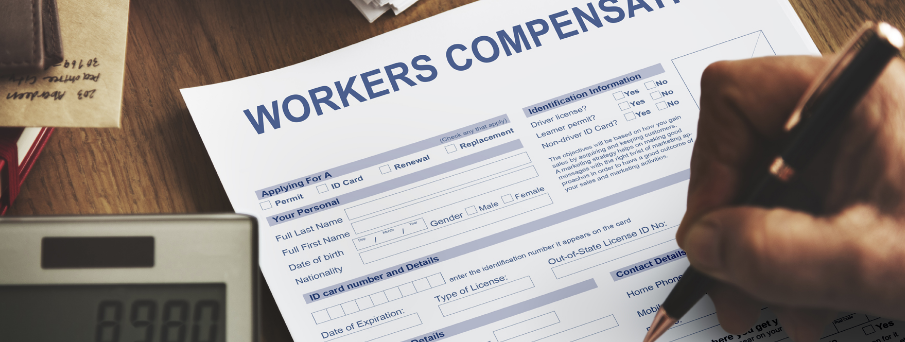
Unfortunately, injuries on the job do occur from time to time. Even in companies where much is done to keep employees safe, accidents are just a part of life. So, if you have been injured on the job recently, you may be wondering whether or not you are eligible for workers’ compensation benefits (also referred to as “workman’s comp”). With this two-part blog post, we hope to answer some of your questions.
What is Workers’ Compensation?
First, let’s quickly talk about workman’s comp so we are on the same page moving forward. This is really a simple concept, and it is an important one in the working world. The idea is that workers’ comp benefits exist to help those who have been injured or become ill on the job, and therefore can no longer work (for some period of time).
Obviously, life could quickly become difficult if you were injured and lost your paycheck for a period of time as a result. Not only would you have no income to pay your bills, you’d also be accruing medical costs along the way, making things even worse. With access to workers’ compensation benefits, you would be able to pay some of those bills, hopefully keeping your financial head above water until you can get back on the job.
So, how do you know if you are covered by workers’ compensation? There are four pieces of this puzzle, and you will need to satisfy all four of them in order to be eligible for benefits. We are going to work through these four points one at a time, so you will have a clear picture of what to look for in your situation.
Before we get started, please note that with something like workers’ comp, there are always various little rules and exceptions that are outside the scope of this article. Think of the information below as a general guideline which may or may not apply specifically to your case.
#1 – Are You an Employee?
This is where everything starts with workman’s compensation. If you aren’t an employee, you aren’t going to be eligible. What you might not know is simply completing work for someone is not necessarily enough to make you an employee. These days, independent contractors are becoming more and more common, and those working in this role do not count as employees.
Determining whether or not you are considered by your state to be an employee can be a bit tricky. Don’t think that your tax situation is the final word here, because that might not necessarily be the case. Even if your income is reported on a 1099, which would indicate you are working as an independent contractor, you still may be considered an employee for workers’ comp purposes. For instance, if you don’t have much control over your working hours or other elements of your work, it may be that the state would determine you to be an employee and actually eligible for benefits.
In the second part of this post, we will cover the three remaining points to check when trying to determine if you are eligible for workers’ compensation.

